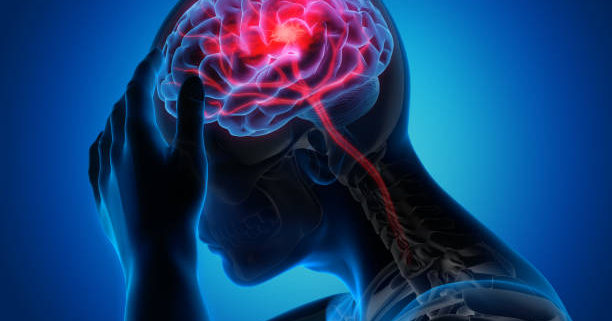Dealing with knee discomfort can greatly affect your everyday activities. Simple activities like climbing stairs, getting dressed, or walking can become a struggle. If you’re facing these challenges and are considering knee replacement surgery, you’re not alone. This guide will equip you with the knowledge to determine if knee replacement surgery is right for you.
Understanding Knee Replacement Surgery
Knee replacement surgery involves replacing a damaged knee joint with an artificial implant made of metal and plastic. As one of the most successful procedures in modern medicine, knee replacement has become increasingly refined thanks to advancements in implant technology, surgical techniques, and supporting technologies.
Read: MYTHS ABOUT KNEE REPLACEMENT SURGERY
Factors to Consider for Knee Replacement
The decision to undergo knee replacement requires careful consideration of several factors unique to each individual. These factors include:
- Pain Level: In the early stages of arthritis, pain can often be managed effectively with medication. However, if even strong painkillers fail to provide relief, it might be a sign that a knee replacement is necessary. Consulting your doctor for guidance is crucial at this point.
- Efficacy of Previous Treatments: Have you tried alternative treatments like steroid injections, lubricant injections, physiotherapy, and rest? If these haven’t significantly reduced your pain and improved your mobility, discussing the possibility of knee replacement surgery with your doctor may be the next step.
- Impact on Daily Activities: Are you experiencing significant pain and difficulty performing everyday tasks like dressing yourself, bathing, getting in and out of bed or a chair, or climbing stairs? These limitations can significantly impact your quality of life and may indicate the need for surgery.
- Pain Severity: Constant, severe pain, both day and night, is a strong indicator that your knees need intervention. If the pain persists even while resting and requires the use of a cane or walker to move around, knee replacement surgery could be the solution to regain your mobility and independence.
- Knee Deformity: Have you noticed a change in the shape of your knees? If your knees have become bowed inward or outward, it’s a sign of deformity. In such cases, knee replacement surgery can be the most effective treatment to correct the alignment and restore function.
Read: TOP FIVE MISTAKES AFTER KNEE REPLACEMENT SURGERY
Age Considerations
While knee replacement is generally performed on individuals between 50 and 80 years old, age is not the sole deciding factor. Advancements in surgical techniques have made it possible for successful knee replacements to be performed on patients younger than 50 and older than 80 as well.
Why Choose Us For Knee Replacement
At Ayushman Hospital & Health Services, we are committed to providing patients with the latest advancements in knee replacement surgery. We utilize computer navigation technology to ensure the most accurate and precise positioning of the implant, leading to several benefits for our patients:
- Complete Deformity Correction: Computer navigation allows surgeons to address any existing deformity in your knee with the utmost accuracy.
- Minimally Invasive Procedures: Smaller incisions are used during surgery, resulting in less pain and blood loss.
- Faster Recovery: With minimally invasive techniques, patients experience a faster recovery period and are discharged from the hospital sooner.
- Enhanced Implant Longevity: Precise implant placement contributes to a longer lifespan for your knee replacement.
Final Note
Understanding the factors mentioned above and the type of advanced surgical techniques available will empower you to make an informed decision about knee replacement surgery. If you’re experiencing any of the symptoms discussed earlier, don’t hesitate to schedule an appointment with the experts at Ayushman Hospital. Our commitment lies in assisting you to restore mobility and enhance your life’s quality.










